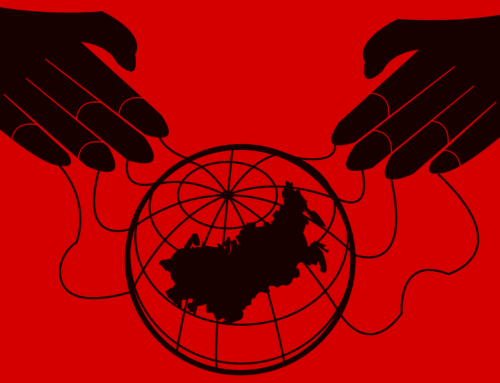“May you live in interesting times,” goes the ancient, subtly backhanded, vaguely oriental curse. The phrase is, in fact, likely a fabrication of a 20th century British imperialist, but it’s still a great saying so let’s just roll with it.
The word “interesting,” before it became a de facto placeholder to deploy in event of any awkward pause, actually had some nuance. It means “engaging the attention or regard” but in a uniquely subdued way. It’s a word that invites thoughtful pause in lieu of immediate action. Something “interesting” is almost never wholly good and can frequently be bad, hence the curse part.
While every generation generally believes that they have it the hardest yet and that their challenges are unprecedented, I think Millennials/Gen Y have something new to alternately brag and complain about: the years into which we’ve come of age really are the most complex, mind-boggling, abstract, and interesting in human history. Successfully navigating this flurry of social and technological change will be the task of our lifetimes and entirely determine the fate of those generations who come after us.
For those of us spending childhood between the late 90s and early 00s, consider how much the basic social terrain was shifting under our feet even as we tried to get our first grip on it. At the beginning of our teenaged years, personal computing (at least in public school) was not an assumed skill, and the internet was a recreational curiosity. By the time we were leaving teenage angst behind, computer access was assumed in almost every classroom in the country and the internet had become a cornerstone for nearly all aspects of modern life. In my case (and I was a little behind), I entered high school with Xanga, upgraded to old-school MySpace, and graduated with a fully formed Facebook.
The speed and sweeping nature of these changes made them, cumulatively, a revolutionary leap forward, not just a series of incremental innovations. And we’re the ones who grew up in the middle of it.
What does this mean? It means that our learning was harder, for one. Many of our teachers tried to equip us for a world that was swiftly slipping away; much of our most useful learning probably came when we were hustling on our own (notice how many of today’s startup millionaires were serial tinkerers and not great students).
On the other hand, this process has indisputably made us better off than the older generations, for whom modern computing and the Web 2.0 (and now 3.0?) revolutions came in a blink of the eye. There was less urgency to adapt and learn these new, complicated systems, so a lot of the older folks didn’t. Now they’re so far behind the curve that they basically can’t.
Many big consequences of our revolutionary times – altered human dynamics, changing role and conception of government, the end of some dangers and emergence of others – have yet to catch up. And that’s where things will get most interesting of all. Just as fundamental technological change came as we were best positioned to adapt to it, the really crazy social, political, and cultural stuff will happen as our generation is in the ascendant – and best able to shape the outcome.
This all comes off a bit like crazy futurist talk, and I suppose in a way it is. But I also remember, at 14, being unable to surf our dial-up internet and talk on our landline at the same time. Today, at 24, I carry around a glassy black rectangle that can simultaneously make calls, access 5,000 years of accumulated knowledge on a wireless, high-bandwidth connection, and multitask dozens of life-changing applications, all with several times the processing power of our old family computer.
It’s something very new in the arc of human development, and paves the way for even more interesting times ahead.





Xanga!! You make a great point though. Minus the “touch point strategy” for addition that my first grade math teacher taught me (a curse to this day), what I learned in elementary school feels null. For our generation, using the internet to its fullest potential is a self-taught skill. Now, iPads are integrated into the curriculum (I was substitute teaching before I started at CFR, and I was shocked when the teacher added to her instructions, “at the end of the day, please have them take turns on the iPad”). Although some argue that the internet has weakened problem-solving skills, resorting to the internet has never been my natural inclination. And really, learning to make sense of the infinite information available is a skill in itself. Never before has knowledge been so accessible. I agree (and maybe I’m bias), our generation has had the unique challenge and opportunity to witness the bridging of two distinct periods of time in history.